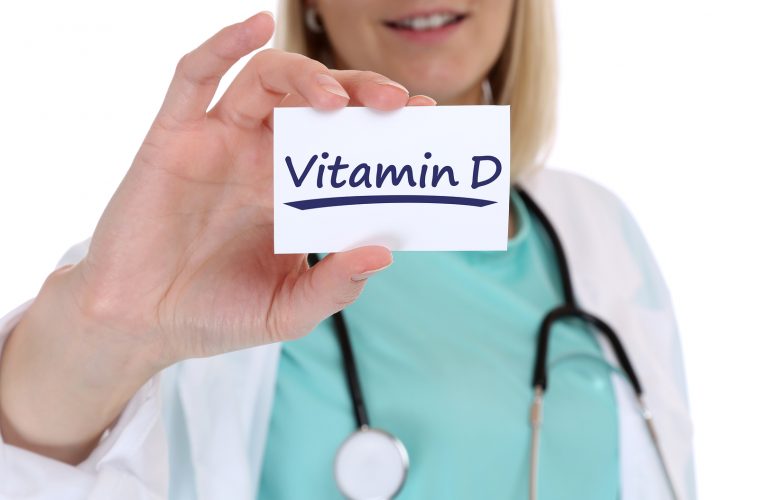
Vitamin D is important for health. Humans tend to think that they get enough of it from the sunlight. That, however, is not true for everyone. Many people require supplements to fulfill their body’s need for Vitamin D. Today we are going to talk about the importance of this Vitamin, whether sunlight is enough for completing body’s need for it and what other sources it can be found in.
What is Vitamin D?

Medicine Net describes vitamin D as “A steroid vitamin which promotes the intestinal absorption and metabolism of calcium and phosphorus.” Vitamin D is produced in the skin and the production depends on the exposure to sunlight.
Benefits
Vitamin D helps the body absorb calcium for stronger bones and supports the immune system in fighting diseases. It helps the nerves carry messages to and from the brain and also helps in the muscle movements of the body. Vitamin D, when processed, turns into a hormone calcitriol- which helps the bones absorb calcium.
Vitamin D From The Sun
Many people are able to get enough vitamin D from the sunlight but it totally depends on their geographical location, what time of the year it is, what time of the day they are exposed to the sunlight and what their skin color is.
Location And Time Matters
People living nearer to the equator naturally are exposed to more sunlight. In the Northern Hemisphere, a person’s requirement of sunlight might not be met in the winters.
In summers, a person need not be out in the sun for long to get enough vitamin D. The sun is the fiercest between 11 am to 3 pm.
Melanin
According to the Medicine Net, Melanin is “the pigment that gives human skin, hair, and eyes their color. Dark-skinned people have more melanin in their skin than light-skinned people have.” The amount of vitamin D a person makes depends on the amount of melanin in their skin.
Light Skin Disadvantage
Lighter skin is the result of less melanin which does not protect so well against the damaging ultraviolet (UV) rays of the sun. On the other hand, people who have more melanin in their skin get better protection against the UV rays but their bodies take longer to produce vitamin D.






